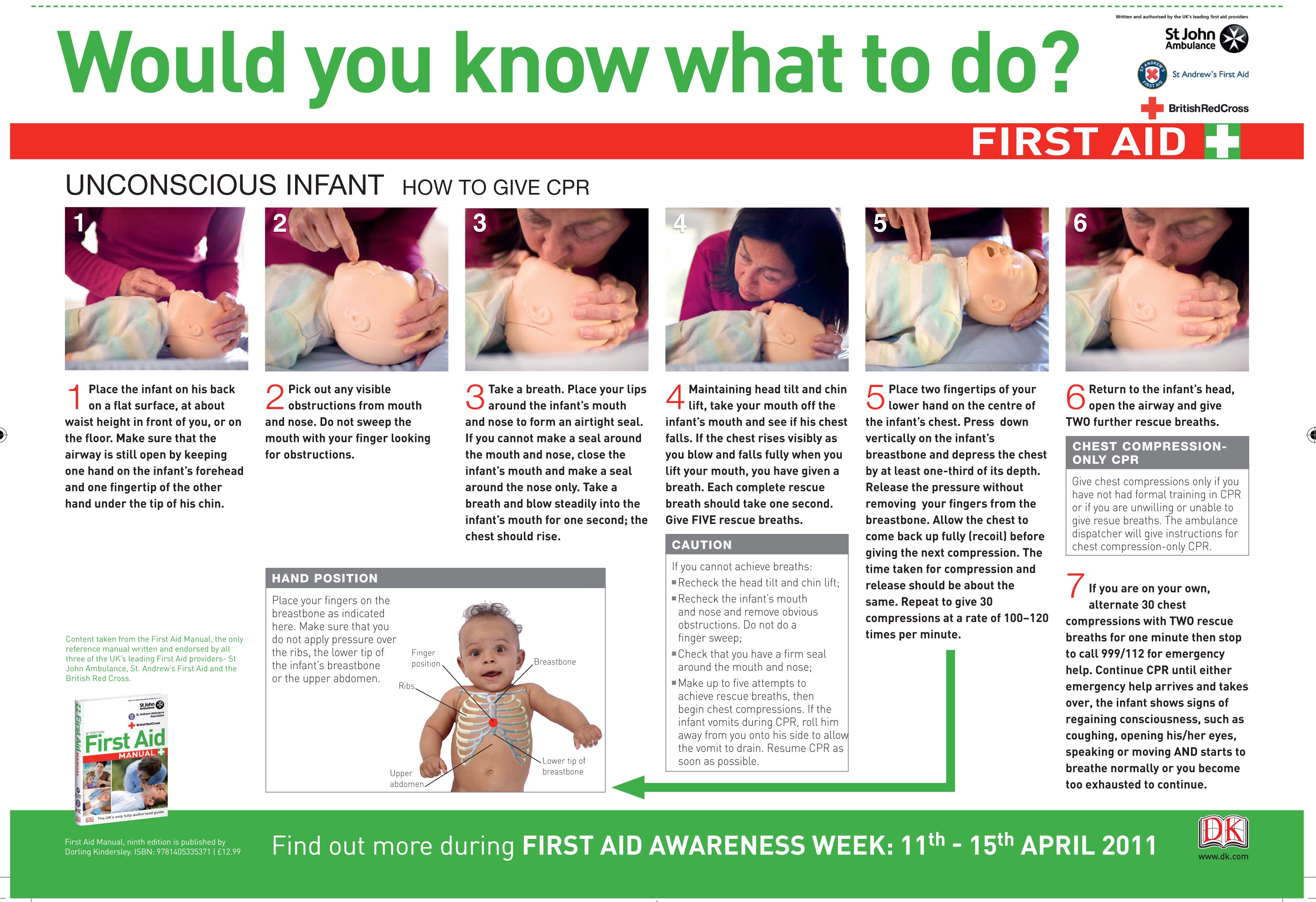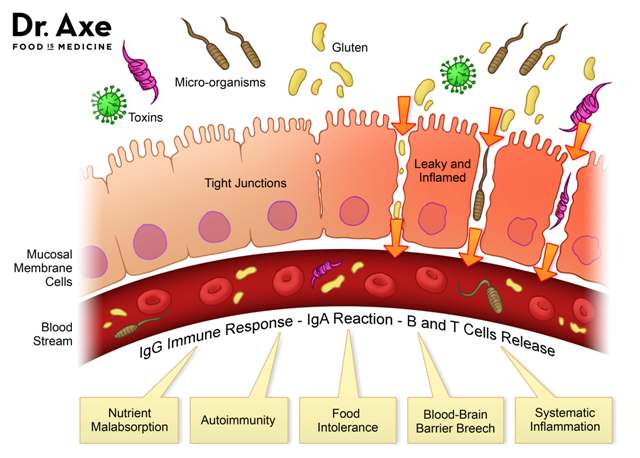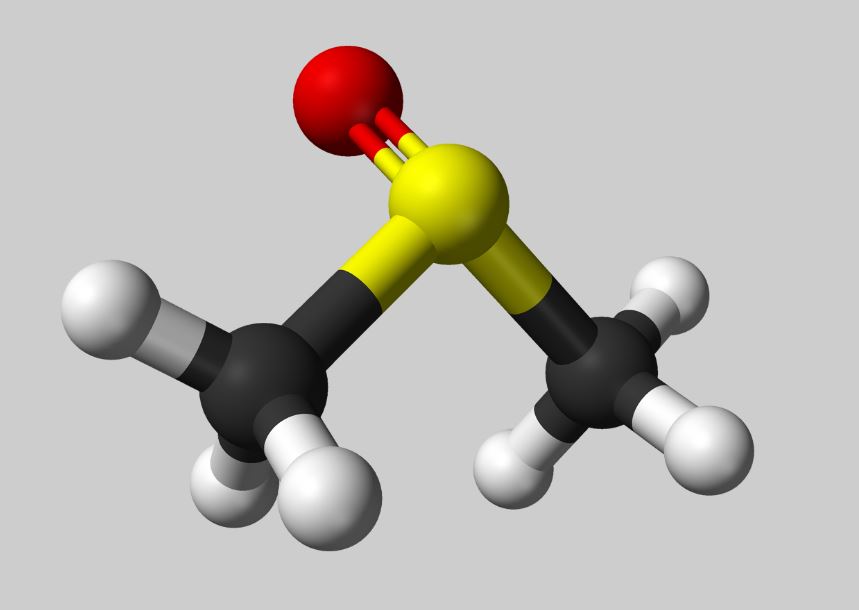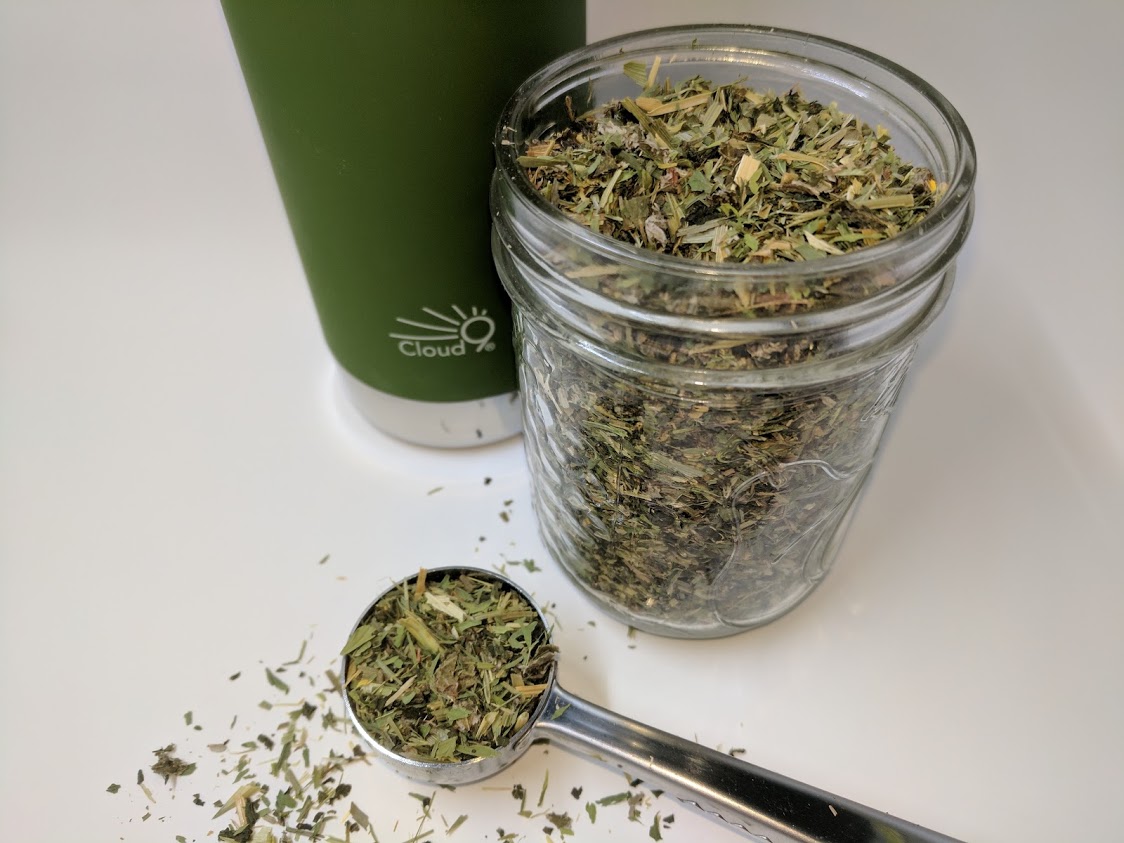“Concentrate on your food while eating!”. This phrase is not new and I hear it a lot. Honestly, I never considered this a serious topic. I accepted the fact that focusing on food you eat helped with better digestion, which means a lot by itself. However, it is not only about proper digestion. Distracted eating can be far more dangerous than I previously thought.
One day I almost choked on the food I was eating while feeding my 2 year old and being distracted by my other child. I talked to another child of mine while eating and the food got the wrong way going to my breathing canal. Something was stuck inside me.
I was fine after all. It could easily end up differently. The scariest part was the thought of the possibility of this happening to my children.
I could never think of food going to the lungs by accident. If that ever happens, you better go to an emergency office to get the food removed from the lungs. If not, the food most likely starts decaying in the lungs causing lung infections (pneumonia) or the food gets stuck in the breathing canal causing breathing problems.

DANGERS OF DISTRACTED EATING
Distracted eating can lead to some unwanted outcomes like these:
- The possibility of choking on foods or liquids is real.
- The food may get to the wrong pipe and end up in your breathing canal or lungs. This can be fatal sometimes. Food in lungs is not fun either. When food ends up in the lungs, you will have to visit an emergency room to get the food out from the lungs. The food in the lungs starts decaying and may cause pneumonia.
- Being distracted while eating makes you eat more than needed. This can make you gain weight and build up extra waste in your system.
- Not focusing on your meal while you eat affects your digestion in a negative way. Poor digestion is not good for your overall health.
WHAT TO DO IF YOU SUSPECT FOOD STUCK IN YOUR BREATHING CANAL OR LUNGS?
When you suspect you inhaled food:
- Start coughing. Coughing may help get the food into the right pipe (esophagus) without you even knowing it. Sip small amounts of water in between.
- Let someone perform Heimlich Maneuver on you. If there is no one around perform it yourself. It is a good idea to learn how to do it beforehand. Watch relevant video tutorials to be prepared for any incidents like this.
- Visit an Emergency room.
There is a Choking Rescue Device available in stores. You can keep it at home and use in emergency situations.

PREVENT CHOKING IN YOUNG CHILDREN
Let the child sit while he eats. Keep food pieces small. Try to keep small objects out of reach. Avoid giving food the size of a peanut to infants and toddlers. Cut the grape into smaller pieces, cut a raisin into 3 parts. Avoid them developing distracted eating habits. Learn how to perform CPR on young children beforehand. Choking on food or other small items among children is not rare, so take serious precautions.
Sometimes food (or item) can get into a child’s breathing canal with no sighs of emergency symptoms. After several days this may cause chronic coughing or infection in the lungs.
Signs of food presence in the lungs:
- Frequent coughing
- Difficulty breathing
- Dizziness
- Fatigue
- Swallowing problems

HOW TO FOCUS ON YOUR FOOD & IMPROVE DIGESTION
Concentrating on your food while eating may be able to improve your digestion dramatically.
How to concentrate on food while you eat:
- Sit down. Focus on your food. Turn off the TV or remove other screens from the table.
- Try not to eat when you are in a bad mood or upset.
- It is very important to chew your food well before swallowing. The first digestion begins in the mouth. Saliva triggers the stomach to produce special digestive enzymes. The more you chew your food, the better it is digested.
- Avoid drinking water during meals not to dilute stomach acid. Drink water after 2-4 hours of consuming your food.
Watch CPR, Heimlich Maneuver and choking first-aid video tutorials here: CPR for Children and Adults. Heimlich Maneuver.


